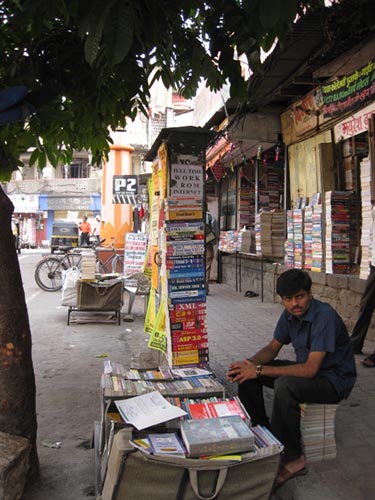
What Would A Techno-Ethics Look Like?
Each year, Platypus invites the recipients of the annual Forsythe Prize to reflect on their award-winning work. This week’s post is from 2017’s winner Sareeta Amrute, for her book Encoding Race, Encoding Class (Duke, 2016). What would a techno-ethics look like? This question persists long after this book, has been written and edited, proofed and published; perhaps it lingers, too, in the minds of its readers as they ponder the pathways and dead-ends digital technologies lay down. Digital technologies build on previous iterations of capital, labor, as well as social and environmental relations, even as they materialize new relations. The part-time visa regimes that most tech companies make use of build on a long history of mobile migrant, free and unfree, labor that has been used to build other kinds of infrastructure, from plantation economies across the British Empire to railroads in the United States and glass-and-steel skyscrapers in Germany. Similarly, the infrastructure of cloud computing relies on previously established military bunkers and railway lines, even as it creates unprecedented demands for energy. An ethical response to these dynamics would produce regimes of care that unite a knowledge of subjects’ evolving relationships with technologies with the goal of reducing spaces of domination created by these technologies. A techno-ethics should provide guidance for those who develop, use, and make polices about technologies. (read more...)

